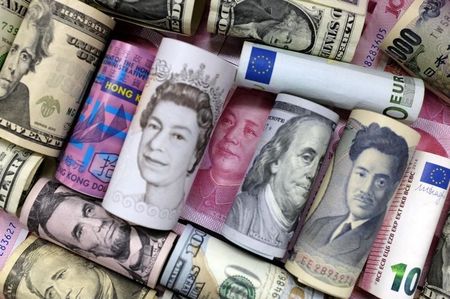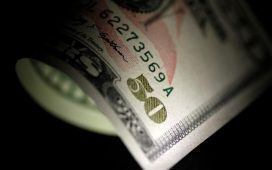
Pro-growth currencies have struggled recently, but the upcoming economic data and central bank meetings are expected to curb further gains in the USD, UBS noted while providing insights into recent currency market movements.
The remark from UBS came after (DXY index) rebounded after failing to break the 100 mark.
The analysts observed that the US dollar’s decline had paused this week due to several factors, including the intensifying conflict in the Middle East, the forthcoming US presidential election, and weaker economic indicators from Europe. These elements have lent support to the USD, suggesting that its recent weakness may have been exaggerated.
UBS anticipates that the market will closely monitor European economic data such as retail sales, German manufacturing orders, and industrial production in the coming week. Particular attention will be paid to the UK’s economic indicators, including industrial production, trade, and employment figures, as well as potential hints from the Bank of England regarding faster rate cuts.
In the United States, the focus will be on the labor market report due on Friday and the September inflation figures. UBS suggests that if other major economies are an indication, the risk for the US inflation data could be on the lower side, which would bolster expectations for a US rate cut and potentially apply pressure on the dollar.
Furthermore, UBS commented on the expected actions of other central banks. The Reserve Bank of New Zealand (RBNZ) is anticipated to reduce its policy rate by 50 basis points in response to recent business surveys indicating potential economic softness. This move is already factored into market prices, but the New Zealand Dollar (NZD) is predicted to perform poorly due to the anticipated continuation of weak domestic data. UBS favors the Australian Dollar (AUD) over the NZD as a result.
Lastly, UBS noted that while emerging market currencies had a weak start to October, they had previously rallied since late July. The Mexican peso was highlighted for its strength following market-friendly comments from newly sworn-in President Claudia Sheinbaum. In contrast, the Israeli faces pressure amid the escalating Middle East conflict, with the Bank of Israel expected to maintain its policy rate in the upcoming meeting.
This article was generated with the support of AI and reviewed by an editor. For more information see our T&C.












